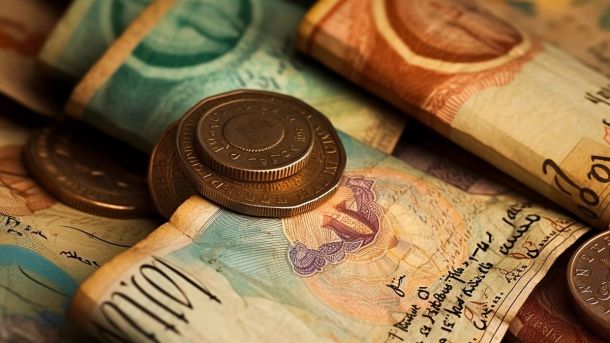China’s Industry and Retail Growth in April Falls Short of Expectations

Advertisement
Retail sales, an indicator of consumption, climbed by 18.4%, a sharp increase from the 10.6% growth recorded in March, marking their strongest increase since March 2021. Analysts had expected a growth of 21.0%.
Results Below Expectations
Year-on-year figures were heavily skewed by contractions in April last year, when the financial center of Shanghai and other major cities were under strict restrictions and lockdown measures due to the virus, which significantly impacted the growth of the Asian giant in 2022.
“Today’s weaker-than-expected data shows how difficult it is to keep the growth engine running after restarting it,” said Bruce Pang, chief economist at Jones Lang Lasalle.
Nomura economists took an even more pessimistic view: “As disappointment sets in, we see a growing risk of a downward spiral, translating into weaker activity data, rising unemployment, persistent disinflation, lower market interest rates, and a weaker currency.”
Read also: China does not commit to UN initiative to study Asian wet markets
Pressure on Policymakers
Indeed, other data released last week showing a contraction in imports in April, producer price deflation, and weaker-than-expected bank lending signaled weak domestic demand, increasing pressure on policymakers to support the economic recovery as global growth weakens.
China’s central bank kept interest rates unchanged on Monday, as expected, but markets are betting on further monetary easing in the coming months, as commodity data also highlighted pockets of weakness in the economy.
Investment in Real Estate Sector Declines
Data also showed that fixed-asset investment increased by 4.7% in the first four months of 2023 compared to the previous year, slowing from the 5.1% pace seen in the January-March period.
Private fixed-asset investment only increased by 0.4%, in stark contrast to the 9.4% increase in state entity investments, indicating weak business confidence.
Investment in the real estate sector, a key pillar of the economy, fell by 16.2% year-on-year last month, following a 7.2% decline in March, according to Reuters calculations based on official data, with investors remaining cautious due to still fragile demand.
Youth Unemployment Rate at Record High
The youth unemployment rate reached a record high of 20.4%, up from 19.6% in March, which Zhiwei Zhang, chief economist at Pinpoint Asset Management, described as a “worrying sign.”
“With China now out of the favorable reopening phase, hopes for further sentiment repair may fade in the absence of decisive government measures,” Citi economists said in a note.
“We believe policymakers need to shift from wait-and-see mode to proactive easing and expect a 20 basis point cut in the monetary policy rate by the end of the year.”
This article was written based on information provided by Reuters news agency here.
Advertisement
Read next in World

International Investors Demand Concrete Steps to Restore Confidence in Chinese Real Estate Industry

West African Countries Impose Sanctions on Niger Following Coup

Turkish currency collapses by 7%, reaching an unprecedented level






